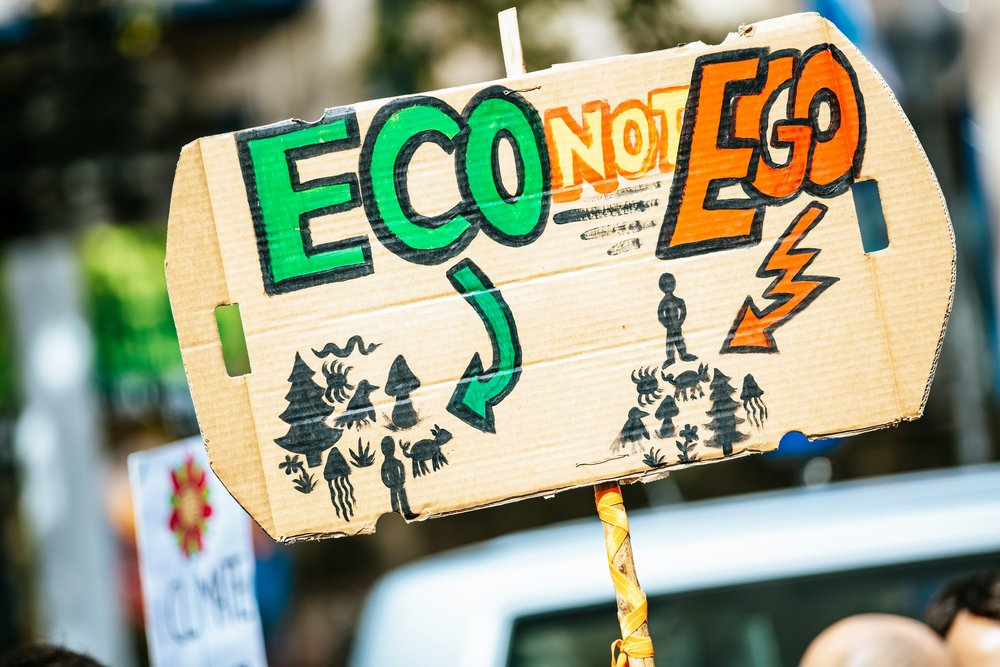Go offline with the Player FM app!
Season 3, Episode 25: Being a Therapist in a Time of Climate Breakdown with Judith Anderson & Tree Staunton
Manage episode 432197559 series 3380913

image credit | Markus Spiske
Season 3, Episode 25: Being a Therapist in a Time of Climate Breakdown with Judith Anderson & Tree Staunton
Thomas and Panu spoke with Judith Anderson and Tree Staunton, therapists and co-editors (along with Jenny O’Gorman and Caroline Hickman) of the recent collection Being a Therapist in a Time of Climate Breakdown. The foursome explored their experiences of mental health, research and healing work in the context of climate change and the psychological impacts of climate distress. Tree and Judith shared their personal journeys towards climate awareness. The episode included an overview of the structure and themes of the book, which includes chapters on climate science, mental health impacts, first person accounts, systemic understandings, and techniques to address climate distress (including a contribution about climate sorrow from Panu).
Takeaways
Therapists play a crucial role in addressing climate distress and supporting individuals dealing with the psychological impact of climate change.
Training in environmental awareness and systemic thinking is essential for therapists to effectively address climate distress in therapy.
Climate distress is not limited to anxiety and can manifest as confusion, fear, depression, guilt, and despair.
Addressing climate distress requires a nuanced approach that goes beyond simply encouraging action and considers the complex emotions and defense mechanisms involved.
Creating spaces for open dialogue and support, such as climate cafes and social dreaming, can help individuals process their climate distress.
Links
Judith Anderson, Tree Staunton, Jenny O’Gorman, and Caroline Hickman (Eds, 2024) Being a Therapist in a Time of Climate Breakdown
Book Launch Recording 18th April 2024
Transcript
[The Climate Change and Happiness Transcript is on holiday.]
68 episodes
Manage episode 432197559 series 3380913

image credit | Markus Spiske
Season 3, Episode 25: Being a Therapist in a Time of Climate Breakdown with Judith Anderson & Tree Staunton
Thomas and Panu spoke with Judith Anderson and Tree Staunton, therapists and co-editors (along with Jenny O’Gorman and Caroline Hickman) of the recent collection Being a Therapist in a Time of Climate Breakdown. The foursome explored their experiences of mental health, research and healing work in the context of climate change and the psychological impacts of climate distress. Tree and Judith shared their personal journeys towards climate awareness. The episode included an overview of the structure and themes of the book, which includes chapters on climate science, mental health impacts, first person accounts, systemic understandings, and techniques to address climate distress (including a contribution about climate sorrow from Panu).
Takeaways
Therapists play a crucial role in addressing climate distress and supporting individuals dealing with the psychological impact of climate change.
Training in environmental awareness and systemic thinking is essential for therapists to effectively address climate distress in therapy.
Climate distress is not limited to anxiety and can manifest as confusion, fear, depression, guilt, and despair.
Addressing climate distress requires a nuanced approach that goes beyond simply encouraging action and considers the complex emotions and defense mechanisms involved.
Creating spaces for open dialogue and support, such as climate cafes and social dreaming, can help individuals process their climate distress.
Links
Judith Anderson, Tree Staunton, Jenny O’Gorman, and Caroline Hickman (Eds, 2024) Being a Therapist in a Time of Climate Breakdown
Book Launch Recording 18th April 2024
Transcript
[The Climate Change and Happiness Transcript is on holiday.]
68 episodes
All episodes
×Welcome to Player FM!
Player FM is scanning the web for high-quality podcasts for you to enjoy right now. It's the best podcast app and works on Android, iPhone, and the web. Signup to sync subscriptions across devices.




